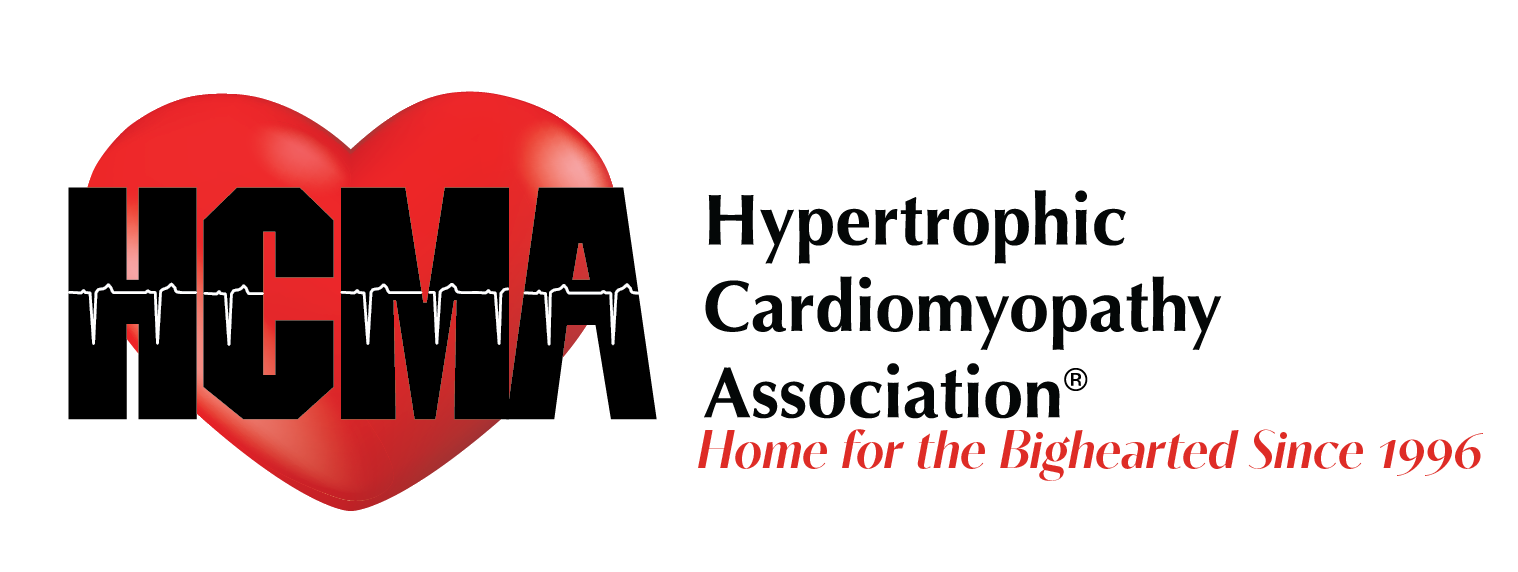A true MUST-see for the HCM Community.
Today I should be calling my sister and signing… “when I’m 64”, but instead, I will remember the beautiful soul we lost when she was only 36.
Yesterday I went to see the new movie “A Man called Otto”, in this movie, Tom Hanks character Otto has HCM. I haven’t been to the movies much, but I needed to see how the subject was addressed. I did this on the eve of what should have been my sister’s birthday.
I have had HCM since 12 and lost 5 close relatives or more to HCM, and I found Tom Hanks performance 100% accurate, authentic, and raw reality.
At the end of the movie, which I purposely went to alone, I sat in a dark theater as the credits ran and cried (I’m not a crier). Not only was the depiction of HCM so real, but it also reminded me of the countless number of HCM warriors I’ve had the honor and privilege of knowing, supporting, advocating for, and loving since we lost Lori. The movie was the first time I had seen my family (bio and community) so accurately depicted. It touched my soul. Thank you, Mr. Hanks for being remarkable at your craft.
The post A Man Called Otto appeared first on Hypertrophic Cardiomyopathy Association.

 Translate
Translate


